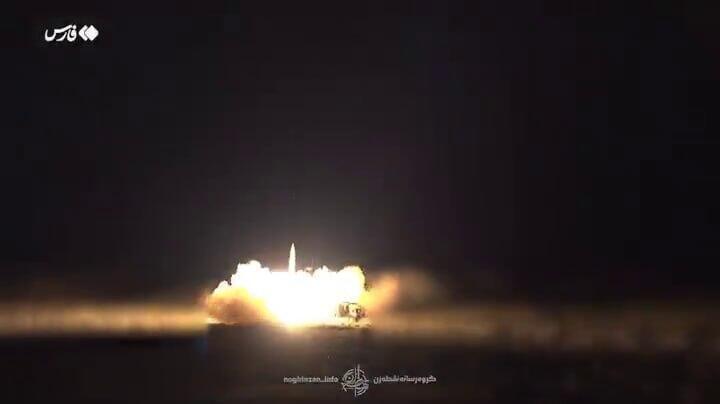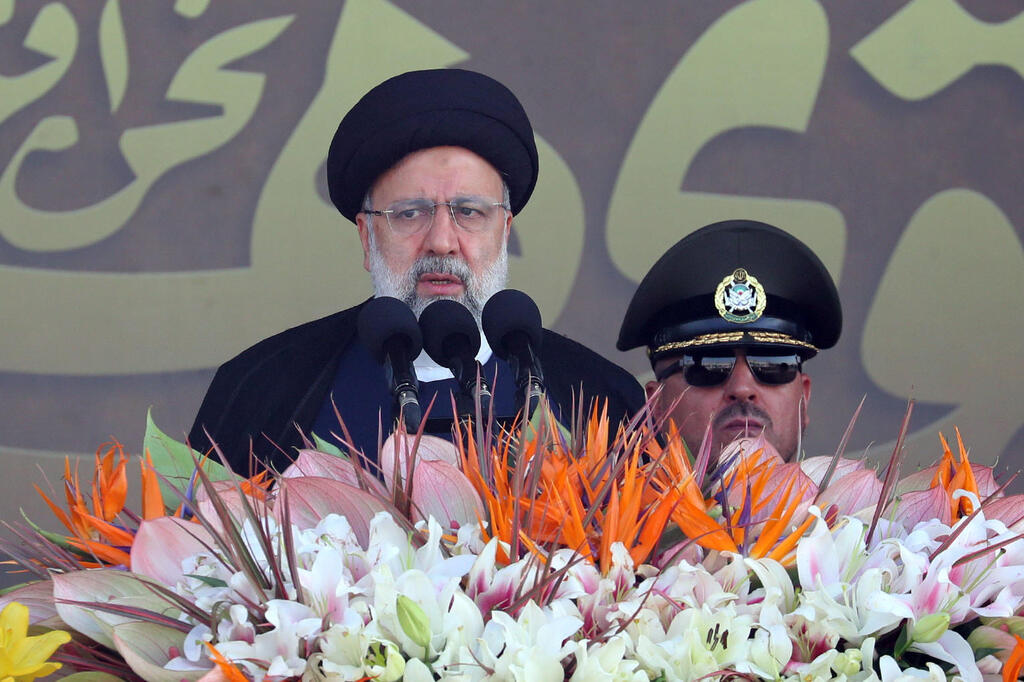Further trouble may yet rise from the east. As reported by Al Arabiya, Iran has issued cautionary statements to Jordan and other Sunni nations, urging them not to meddle in its affairs. However, these warnings didn't dissuade them. Iran persists in its threats, indicating that following the attack on Israel, Jordan may be their next target.
This is not merely a threat. Iran is actively destabilizing the Jordanian regime and stoking protests, backed by the high public support for political Islam, namely Hamas. More alarmingly, Iran plans to arm, via Hezbollah, 12,000 terrorists affiliated with Jordan's Islamic Resistance, as disclosed by the Iranian news agency, ISNA.
Iran already holds partial or complete sway over Lebanon, Iraq, Syria and Yemen. Vulnerable and strategically located Jordan is next in line. An Arab response to the Iranian threat is also emerging. A Saudi newspaper noted two weeks ago that the "moderate axis," represented by Saudi Arabia, Egypt and the UAE, won't stand by if Jordan is harmed. This moderate axis didn't just form on the night of the Iranian missile attack; it is here and was activated during that attack.
A significant strategic shift occurred in the Middle East on Saturday night. We once envisioned a new Middle East, but it never materialized. The Abraham Accords brought some improvement to the situation, but the concept of a coalition of Sunni countries, which perceive Iran as a threat and would align with Israel, has yet to materialize.
That changed on the night of the attack from Iran. Despite criticism against Israel, a number of Sunni countries, acting as a buffer between Israel and Iran, rallied to Israel's defense. An unprecedented coalition of Western and Arab nations alongside Israel actively participated in real-time combat against Iran.
However, this achievement is precarious. Given the circumstances, in the Middle East any hesitation is perceived as a weakness. Hesitation only furthers Iranian subversion. Hesitation leads to more missile and rocket attacks from the direction of the Houthis, Hezbollah and pro-Iranian militias in Iraq, which are already underway.
Post the major thwarted attack, there have been additional launches from the Houthis and Iraq. Such hesitation might also spur Iran to intensify its destabilization efforts in Jordan. Should the worst happen, and the plot succeeds, the Muslim Brotherhood's takeover of Jordan could pose a grave threat to Israel. While Saudi Arabia, the Gulf states, and Egypt are opposed to this, the overwhelming popular support for the Muslim Brotherhood could bring about a geopolitical shift.
While the U.S. is an ally and a friend, it's currently on the wrong track with its opposition to an Israeli response. This isn't just a misstep; it's a grave strategic blunder. With this kind of hesitance, all nations in the region might bear a hefty cost.
We've seen this scenario before. On September 14, 2019, Iran launched an attack on Saudi Arabia's primary oil field, which went unanswered. Consequently, Iran's audacity only escalated. Then-President Donald Trump exacerbated the situation by expressing a desire to convene with the Iranian president at the UN General Assembly. Iran reacted with disdain and declined the meeting. Now the question is, will President Joe Biden tread the same path as Trump by opting for indecisiveness?
The question that arises is how can we shift the U.S.'s flawed position? Israel's strategic ambition is to bolster the recently formed regional coalition. This principally involves pushing forward the mega-deal set in motion by the U.S., which would also serve as an optimal counter to Hamas and Iran. They, understandably, perceive the mega-deal as a significant strategic setback.
To alter the stance of the U.S., Israel must demonstrate flexibility in dealing with the Palestinian situation. The fear of a "Palestinian terror state" is unfounded since the Palestinians will reject any proposal made to them. However, with such flexibility, Saudi Arabia, which has already experienced a harsh backlash from Iran, could unite with Israel and Jordan to demonstrate collective resistance against Iran. If this fails to materialize, the appetite of Iran and its proxies will only increase, leading to continued attacks on Israel. Worst of all, Jordan might succumb to Iran's control.






